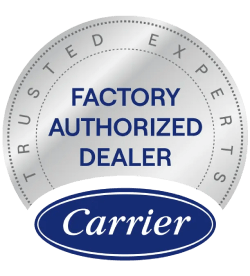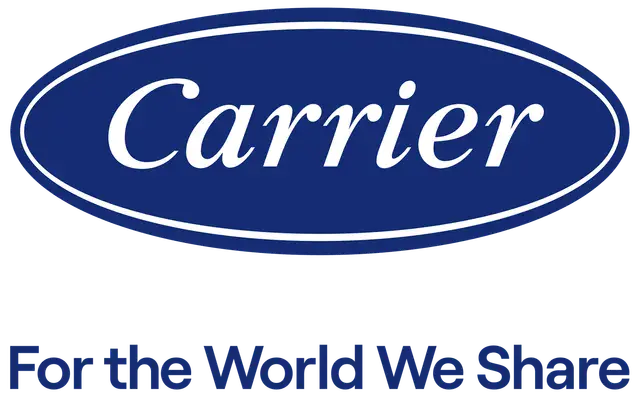Understanding Code Compliance in HVAC, Plumbing, and Electrical Systems
Code compliance forms the backbone of every successful installation and repair project we undertake at Stegall. Whether we’re installing a new air conditioning system in Mountain Brook or conducting electrical repairs in Birmingham, adherence to local, state, and federal codes ensures that every system operates safely, efficiently, and reliably. These regulations, developed over decades of industry evolution, protect both property owners and occupants while establishing minimum standards for quality and performance. Our technicians undergo continuous training to stay current with the latest code revisions, which occur regularly as technology advances and safety standards evolve.
The importance of code compliance extends far beyond simply meeting legal requirements. When HVAC installations in Vestavia or plumbing repairs in Hoover follow proper codes, property owners benefit from systems that perform optimally, consume less energy, and require fewer repairs over their operational lifetime. Insurance companies often require proof of code-compliant work before honoring claims, and real estate transactions frequently hinge on verification that all mechanical systems meet current standards. We maintain comprehensive documentation of all code requirements for each project, ensuring that our commercial, industrial and residential HVAC, plumbing, and electrical support services 24 hours a day, 7 days a week always meet or exceed regulatory expectations.
HVAC Code Requirements and Standards
The mechanical codes governing heating, ventilation, and air conditioning systems encompass numerous aspects of system design, installation, and operation. Load calculations must accurately determine the appropriate equipment size for each space, preventing the energy waste and comfort issues associated with oversized or undersized units. Ductwork design requires careful attention to proper sizing, insulation levels, and sealing methods to ensure efficient air distribution throughout the building. Refrigerant handling procedures must comply with Environmental Protection Agency regulations, including proper recovery, recycling, and disposal protocols that protect the ozone layer and minimize greenhouse gas emissions.
Ventilation requirements have become increasingly stringent as building science has advanced our understanding of indoor air quality’s impact on health and productivity. Fresh air intake calculations must account for occupancy levels, building use patterns, and potential contaminant sources. Exhaust systems for kitchens, bathrooms, and industrial processes require specific airflow rates and discharge locations to prevent re-entrainment of contaminated air. We ensure that every AC installation in Helena and Homewood incorporates appropriate ventilation strategies that balance energy efficiency with indoor air quality requirements, utilizing heat recovery ventilators and energy recovery ventilators where applicable to minimize the energy penalty associated with increased ventilation rates.
Electrical Code Compliance Essentials
Electrical systems present unique challenges in code compliance due to the inherent safety risks associated with improper installation or maintenance. The National Electrical Code, updated every three years, provides comprehensive guidelines for wire sizing, circuit protection, grounding systems, and equipment installation. Arc fault circuit interrupters and ground fault circuit interrupters must be installed in specific locations to prevent electrical fires and protect against shock hazards. Panel upgrades often become necessary when adding new HVAC equipment or other major appliances, as older electrical services may lack the capacity to safely support modern electrical loads.
Our electrical repair services throughout the Birmingham area address common code violations found in older properties, including improper wire splices, inadequate grounding, and outdated wiring methods that no longer meet current safety standards. Commercial and industrial facilities face additional requirements for emergency lighting, exit signage, and backup power systems that must integrate seamlessly with primary electrical services. We coordinate closely with local inspection authorities to ensure that all electrical work passes inspection on the first attempt, minimizing project delays and additional costs for property owners.
Plumbing Code Considerations
Plumbing codes protect public health by ensuring proper waste disposal, preventing cross-contamination between potable and non-potable water systems, and maintaining adequate water pressure and flow rates throughout buildings. Backflow prevention devices must be installed wherever potential exists for contaminated water to enter the potable water supply, with specific device types required based on the degree of hazard present. Drain, waste, and vent systems must maintain proper slopes and include adequate cleanouts for maintenance access, while trap seals prevent sewer gases from entering occupied spaces.
Water heater installations require temperature and pressure relief valves, proper venting for gas-fired units, and expansion tanks in closed systems to prevent dangerous pressure buildup. Cross-connection control programs mandate regular testing of backflow prevention assemblies, with certified technicians required to perform these inspections and submit results to water authorities. Our plumbing repair teams understand the intricate relationships between different plumbing system components and how modifications to one area can affect code compliance elsewhere in the system.
Navigating Local Code Variations
While national codes provide baseline standards, local jurisdictions often adopt amendments that reflect regional climate conditions, geological considerations, and specific safety concerns. Jefferson County and surrounding municipalities each maintain their own code adoption schedules and local amendments that we track meticulously. These variations might include:
- Seismic bracing requirements for equipment and piping systems in areas with earthquake risk
- Hurricane strapping and wind load calculations for outdoor HVAC units
- Freeze protection measures for pipes and equipment exposed to cold weather
- Energy efficiency standards that exceed federal minimums
- Noise ordinances affecting equipment placement and operation
- Historic district restrictions on visible equipment and modifications
Understanding these local nuances prevents costly rework and ensures that every project proceeds smoothly from initial design through final inspection. We maintain strong relationships with code officials throughout our service area, facilitating clear communication and quick resolution of any questions that arise during projects.
The Value of Professional Code Compliance
Attempting to navigate code requirements without professional expertise often leads to failed inspections, safety hazards, and expensive corrections. Our technicians invest hundreds of hours annually in code education, attending seminars, reviewing updates, and participating in manufacturer training programs that emphasize code-compliant installation practices. This commitment to ongoing education ensures that whether we’re performing AC service in Mountain Brook or HVAC installation in Vestavia, every aspect of our work reflects current best practices and regulatory requirements.
Property owners benefit from our code expertise through reduced liability exposure, improved system reliability, and preservation of manufacturer warranties that often require professional installation to remain valid. Our comprehensive approach to code compliance extends beyond minimum requirements, incorporating industry best practices that enhance system longevity and performance while preparing properties for future code updates that might otherwise require extensive retrofitting.


